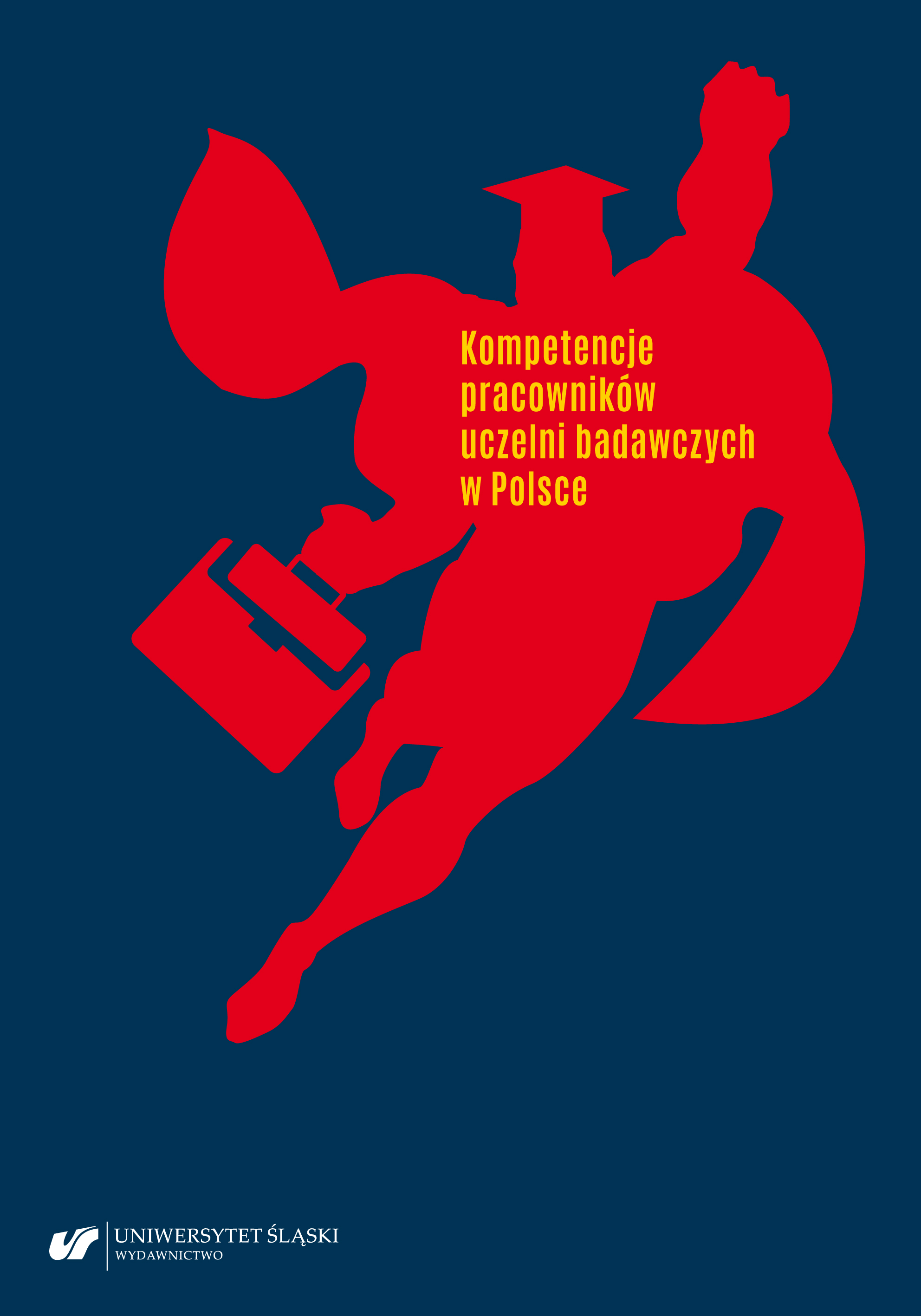Employees’ competences of research universities in Poland


This work is licensed under a Creative Commons Attribution-ShareAlike 4.0 International License.
Details about the available publication format: DOWNLOAD FOR FREE
Details about the available publication format: BUY THE BOOK
Synopsis
The book discusses the competencies required for effective research and support staff together with an assessment of their level of development. In Europe and worldwide, there is a slow but systematic increase in the number of universities appreciating the issue of managing the potential of university staff using the concept of competences, but it is still a rather novel approach for many universities. The research results presented in this publication confirm the complexity of the issues discussed. This is particularly true in the search for the relationship between competences and performance at the level of individual employees, research teams (together with their supporting staff) as well as entire universities. It is worth starting by stating that social competences constitute a significant component in the set of professional competences – both of research and support staff. It is possible to observe a rather pronounced variation in assessments, as well as the occurrence of a gap between expectations and assessment (i.e. the so-called 'competence gap').
Equally important are the findings concerning not only the level of expectations and assessments of individual competences, but also their relationship to performance. It turns out, for example, that in the case of the assistant position, competences such as analytical thinking, conscientiousness and cooperation were the most important in achieving high efficiency, whereas in the case of adiunkt, above-average competences in terms of striving for results and organising one's own work were crucial. In our view, this confirms the thesis that the development of academic staff is a multi-faceted process in which different competences play a key role at different stages of the process. It is not enough to be solely 'strong in content' to be successful. This is an important message especially for those who are just starting their scientific career.
Finally, it is worth emphasising that the competences of staff groups (research staff and support staff) cannot be developed separately, but always in close combination with each other. It is not enough to have excellent researchers to build a scientifically strong university. It is equally important to strengthen the potential of support teams and in this respect – as it seems – Polish universities have a lot to do.



